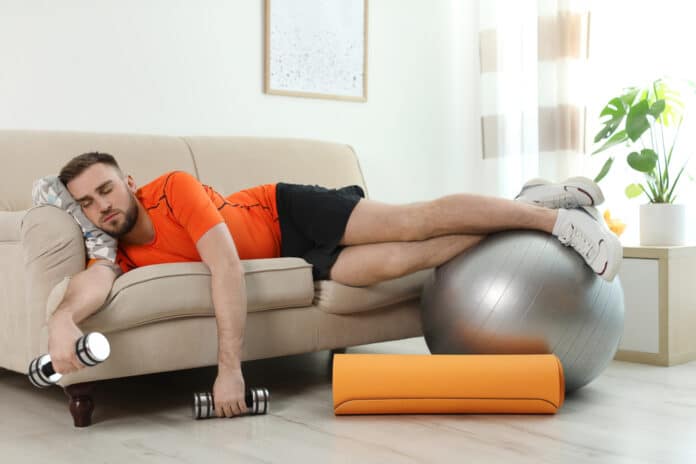
We all know that being physically active helps keep our bodies in shape, tones our muscles, and gives us that boost in health and mood that we so desperately need. However, simply knowing doesn’t really do anything. You need to head to the gym and get actively involved.
Have you ever wondered why, despite having all these pieces of information at the tips of your fingers, actually exercising remains at the bottom of your to-do list? Look no further because, in this article, we are going to discuss why you may feel unmotivated to work out!
Why You May Feel Unmotivated to Workout
According to scientists, one of the primary reasons we lack motivation is because of our gut health. To get a better understanding of how gut health affects the optimal use of our muscles, various researchers and scientists at the University of Pennsylvania carried out tests on lab mice, seeking to understand why these mice love their exercise wheels while others ignored it. They discovered that while genetics don’t have any particular impact on the mice with regards to the use of their wheels, they found something more interesting —gut bacteria.
They were able to discover that thriving gut microbiomes have been linked with the optimum use of muscle functions. When these researchers then dosed these animals with broad-spectrum antibiotics that killed the hut bacteria, the distance the rodents were able to cover significantly dropped by more than half of the usually covered distance.
Therefore, if this hypothesis is confirmed in humans, gut bacteria could be the reason why so many people, and more than half of Americans, fail to get in the recommended amount of time in the gym. But how do these microbiomes impact your motivation to engage in physical activities? The answer lies within you —in your brain.
The Gut-Brain Connection
While still working with the mice, the researchers —after sequencing RNA in the parts of the brain that are responsible for motivation— discovered that there was a reduced gene expression in the brain cells’ dopamine receptors after the mice were treated with antibiotics.
To know how these effects impacted the mice, the researchers continued to perform tests over several years on the mice. Eventually, they realized that the Eubacterium rectale and Coprococcuseutactus —two types of bacteria— produced compounds known as fatty acid amides. These compounds interacted with the endocannabinoid receptors in the gut.
The receptors give the brain a signal to cut back the production of compounds that break down dopamine. These compounds are known as monoamine oxidase. Therefore, with less monoamine oxidase, the mice felt more eager to run on the wheel again.
As humans, our colon or gut plays host to trillions of microbes, which are determined majorly by the food eaten and the environment. Through the gut-brain pathway, researchers believe that such a pathway may have evolved over ages to initiate prolonged physical activity in line with the nutritional status of the gastrointestinal tract. Therefore gut bacteria tell your brain whether you have enough food to fuel a workout. If you don’t, the motivation to do some actual work is dampened.


















